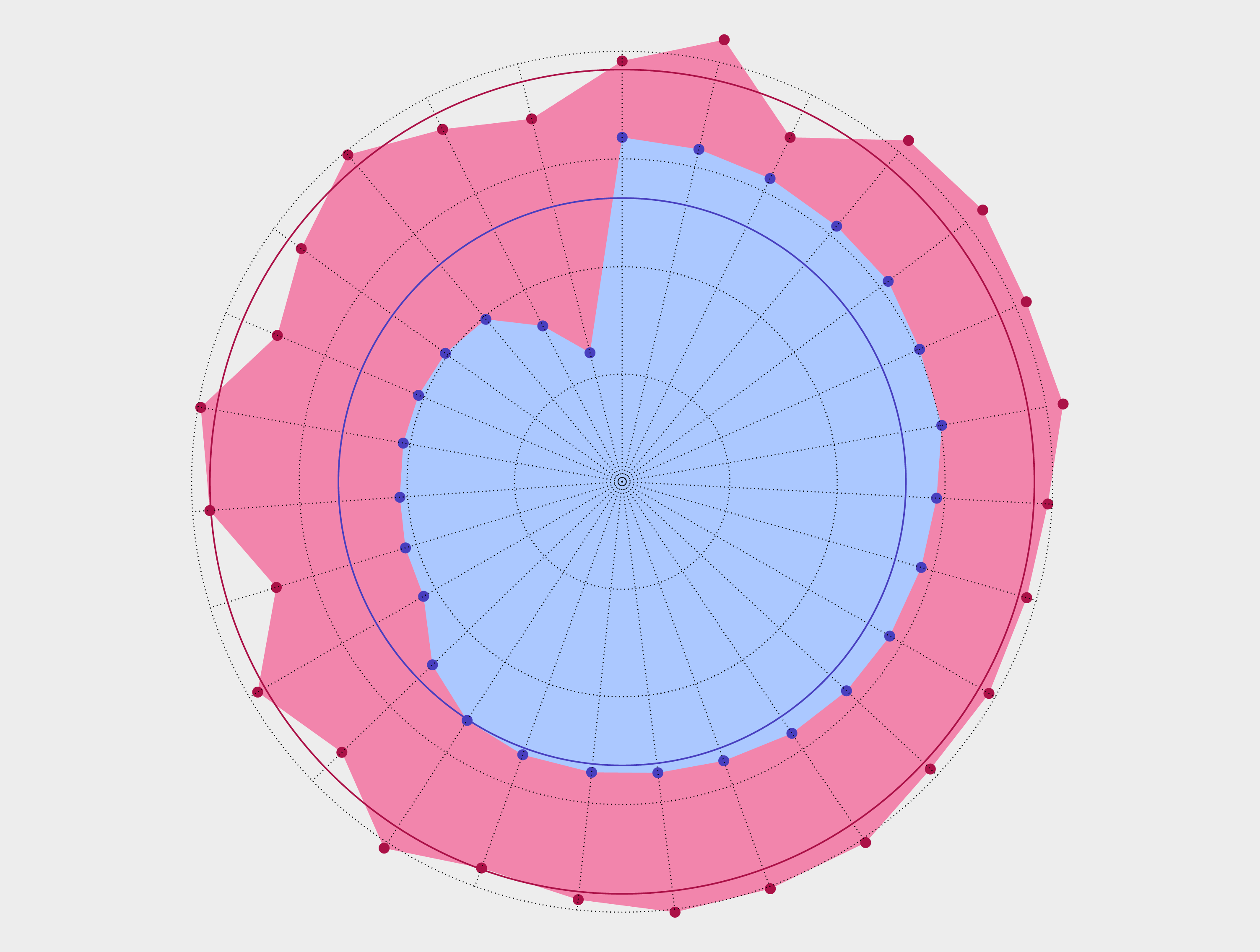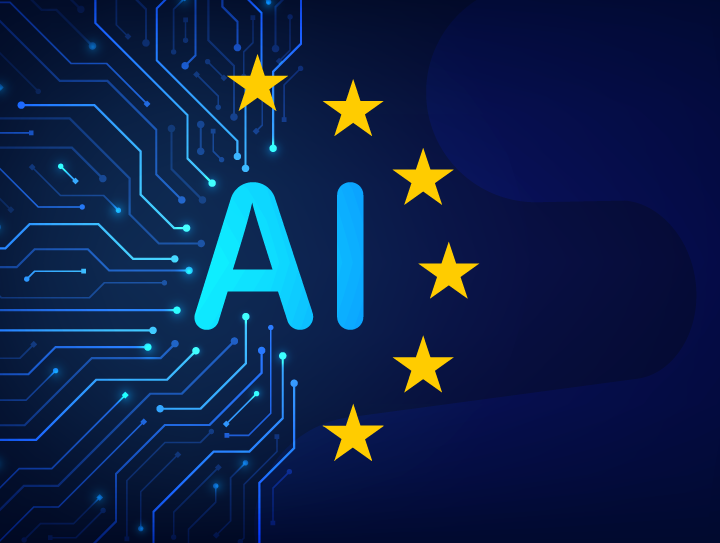Search results (4005)
Skip results of view Publications

The World Day of Social Justice is a United Nations observance dedicated to highlighting the need for fairness, dignity and equal opportunities for all. Established by the UN General Assembly in 2007 and first observed in 2009, the day is celebrated every year on 20 February and draws attention to various global challenges, such as poverty, unemployment, exclusion, and unequal access to resources. This year’s focuses on reducing socioeconomic gaps through inclusive decision-making, stronger social protection systems, and coordinated efforts to create fair working conditions. The United Nations
On Friday, 27 February, from 10:00 to 11:30 CET, we will host our next Academy webinar ‘’Open data maturity in Europe 2025: progress, best practices, and key insights’’ . Make sure you do not miss the session by registering and learning about best practices from countries leading the way in open data across Europe. The webinar builds on the Open Data Maturity report 2025, published on 18 December 2025, which assesses how 36 European countries support the availability and reuse of public sector information. The report looks at four key areas: policy, portals, data quality, and impact. Together

The collaboration channel on the European Data Portal is the place where Europe’s open data community comes together. It offers a shared space for discussion, learning and connection around topics that shape the European data landscape. The channel allows users to follow conversations, join thematic groups and take part in exchanges that go beyond datasets alone . By creating a central hub for collaboration, the portal helps turn individual expertise into shared knowledge. For data reusers, the collaboration channel opens the door to inspiration and peer learning. Data reusers include non

Every year, Valentine’s Day inspires millions of people to exchange gifts, plan special outings, and celebrate their relationships. Behind the chocolates, flowers, and heartfelt messages lies a surprising amount of information that can help us understand how people express affection. Open data offers an accessible way to explore these patterns, revealing how traditions evolve and how seasonal trends shape behaviour across Europe. A wide range of publicly available datasets, such as the retail figures or transport flows, can highlight the scale and impact of Valentine’s Day. For example, open
J On The Beach is an international rendezvous for developers, Data Scientists and DevOps around big data technologies. It is a pure technical conference with workshops and technical talks where top speakers from all around the world will share the latest trends in technologies related to Big Data. From data collection and stream processing to architectures, machine learning, microservices, artificial intelligence, container systems, etc. This conference will be co-located with Lambda World, a fun-fun-functional programming experience, and Wey Wey Web, a Yay-Yay conf for UI lovers.

- Data Story
What does it take to take part in everyday life if you live with a disability? In the EU, nearly one out of four people aged 16 and older report long-term limitations in daily activities. Yet barriers in schools, workplaces, public spaces and online services can make participation harder. Using open data, this story looks at three dimensions of inclusion – economic security, digital accessibility...

The Olympic Winter Games Milano Cortina 2026 will take place from Friday, 6 February to Sunday, 22 February 2026, bringing the world’s attention to Northern Italy and the Alpine region. Hosted across several cities, including Milan and Cortina d’Ampezzo, the Games will feature athletes from around the globe competing in winter sports such as skiing, ice hockey, and speed skating. Beyond sport, the event represents a major European moment, combining culture, innovation, and international cooperation. More information about the Games is available on the official website. Organising an event of

The Apply AI Alliance is a coordination forum created by the European Commission to connect AI stakeholders and policymakers and strengthen dialogue around trustworthy and impactful AI adoption across Europe. Designed as the central contact point for organisations active in strategic sectors, this renewed alliance continues the work of the former European AI Alliance while expanding its focus to policy implementation, sectoral insights, and real-world use cases. Through its community exchange platform, members can share opinions, papers, and recommendations while benefiting from news on policy

The Digital Services Act (DSA) is a key piece of European legislation that sets out clear rules for online services used by people across the European Union. This includes social media platforms, online marketplaces, app stores, and travel or accommodation websites. The DSA aims to create a safer and more trustworthy digital environment by protecting fundamental rights online and ensuring that digital services operate responsibly across the EU. Recent developments show how the DSA is now being actively enforced. The European Commission has launched a new investigation into X , extending an
Do you want to understand what open data maturity really means in practice, and how it is measured across Europe? Are you curious about the key results and trends from the 2025 Open Data Maturity (ODM) assessment, and what other countries’ best practices can teach you? Join us for the upcoming data.europa academy webinar ' Open Data Maturity in Europe 2025: progress, best practices, and key insights', taking place on Friday, 27 February 2026, from 10.00 to 11.30 CET. From shaping open data policies to improving portals, data quality and impact, the ODM assessment provides a Europe‑wide
